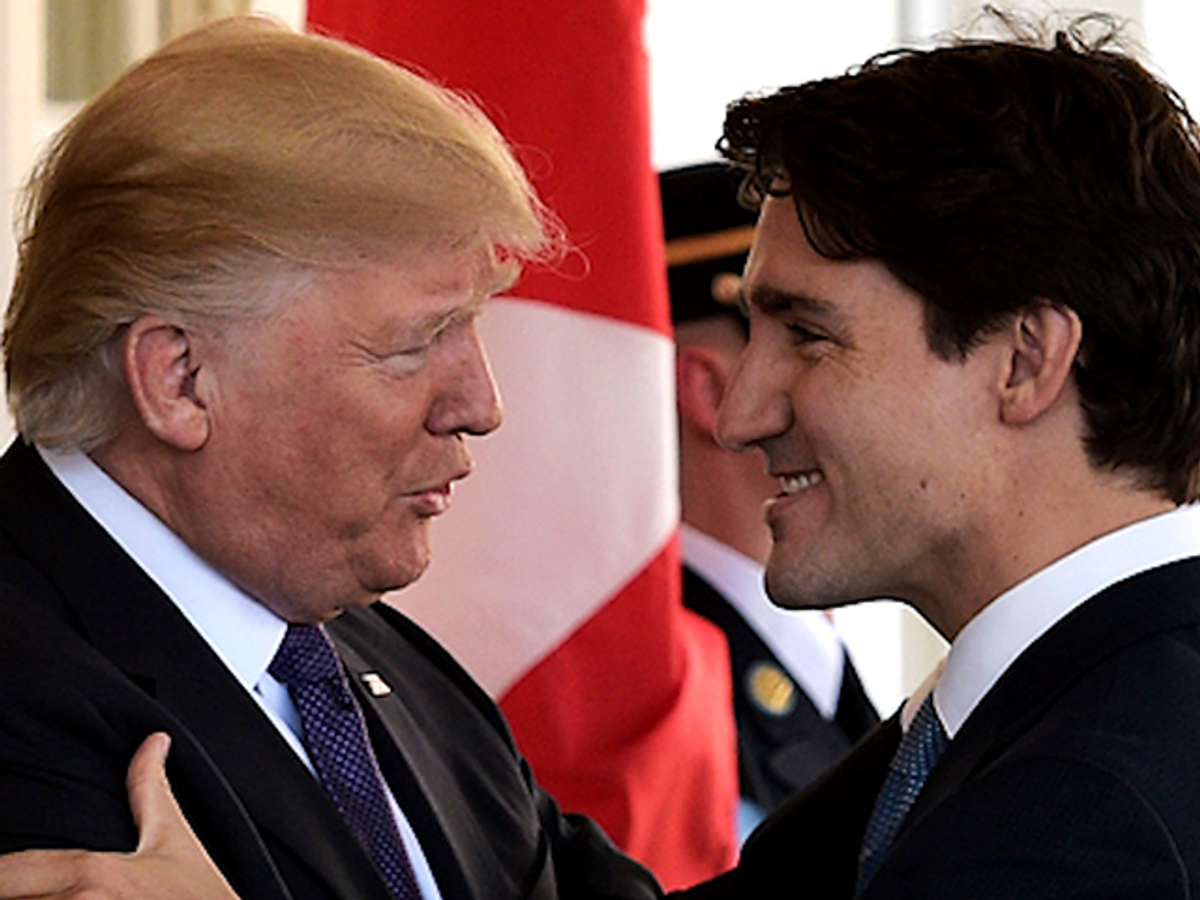Tech workers and students are searching for employment and education outside the U.S. due to President Donald Trump's crackdown on immigration, and countries like Canada have capitalized, according to a report from Axios.
Since November, U.S. applicants to the University of Toronto have risen 80 percent, while international applications to Canadian universities are up 25 percent. "Hundreds of tech workers and students have applied for positions in Canadian tech firms and to study at the University of Toronto," Axios reported. The report went on:
"Canada is among at least two big western countries — the other is France — to attempt to capitalize on Trump's crackdown on immigration, foreign visitors, and some of the policies many of them care about, such as climate change, to swell their own tech cachet."
Though Trump has only been in office for a little under six months, his positions on immigration have had an impact on foreign students looking to work in Silicon Valley. Rodrigo Paolucci applied to the University of Toronto because the president's rhetoric on immigration "makes it harder for foreigners," he told Bloomberg. "Of course you want to be at Stanford or Columbia, but you have to place your bets," Paolucci, 31, continued. "Top talent is going to go where it’s welcome."
As of now, Canada is welcoming that talent with open arms. "We are in the middle of a perfect storm," Salim Teja, who works at an "innovation hub" in Toronto, told Axios. Though Silicon Valley still dominates the startup world, Toronto has become one of the leaders in artificial intelligence and those numbers continue to rise, Axios reported.
The New York Times reported back in May that tech giants like Google, Microsoft and IBM are bulking up their A.I. research teams in Canada. "If we look back 10 years from now, I’d be surprised if the Trump effect didn’t show up in the data," Joshua Gans, a professor at the Rotman School of Management at the University of Toronto, told the Times.



Shares